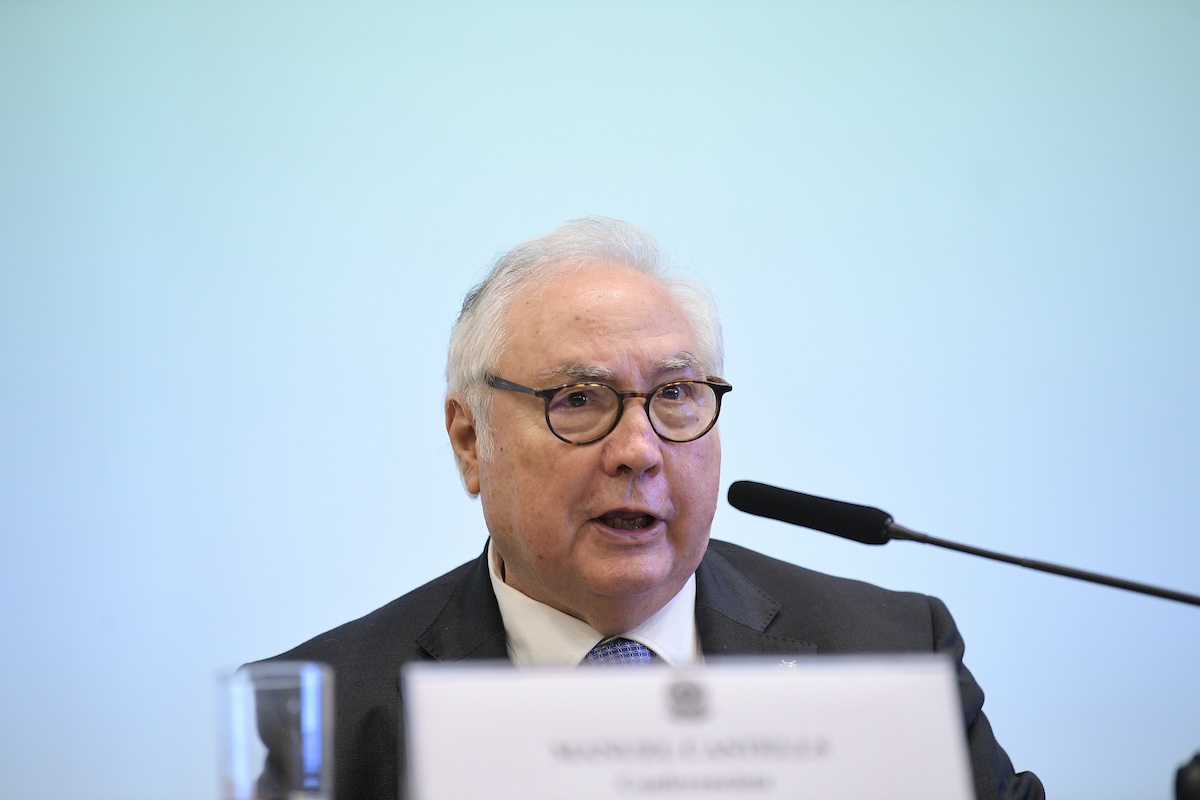In Brasil, Manuel Castells argues that social inequalities are deepening polarization in the world
At an event in the Brazilian Senate, the Spanish theorist analyzed the relationship between politics, democracy, the digital communication revolution and the role of institutions in a world in multiple crises. Castells stressed that uncontrolled globalization, extreme social inequality and the reaction to cultural changes are important factors in the radicalization of the political debate at the moment.

Spanish sociologist Manuel Castells argued that extreme social inequality, the result of different crises and a process of uncontrolled globalization, and the reaction to cultural changes are factors for deepening polarization in the world. The statement was made during a master class as part of the activities commemorating the 200th anniversary of the Federal Senate of Brasil, on Monday (25) in Brasilia.
"We are experiencing different crises, uncontrolled globalization. There is extreme social inequality. How can we think that people will continue to accept the levels of inequality we have, which are reflected in everything: income, wealth and education? It is normal for people to enter periods of violent opposition. There is a fundamental and unregulated technological change and people are panicked by technologies. There's nationalism as a response to globalization, which delegitimizes nation states, and the crises of fundamental moral institutions. There are violent reactions in society against all the advances that have been made on issues such as human rights, women's rights, ecology," said Castells.
Regarding the radicalization of public debate, Castells also pointed to the need to return to dialogue, a fundamental condition for democracy and consensus. "Dialogue is the most important process in democracy, but it must be within civilized frameworks. Conflicts will always exist, the question is how we deal with them institutionally," he said.
Regarding the radicalization of public debate, Castells also pointed to the need to return to dialogue, a fundamental condition for democracy and consensus. "Dialogue is the most important process in democracy, but it must be within civilized frameworks. Conflicts will always exist, the question is how we deal with them institutionally," he said.
In the light of the debate on the evolution of communication technologies and their impact on politics, the author also discussed the theoretical proposal described in his world-renowned work "Network Society", published in 1996, which discusses the notion of a society organized on the basis of a technological communication system.
"Digital society is not a name for network society. The network society is a social structure where everything is organized around communication networks of all kinds. The digital society is the technological platform on which the network society is built. And the network society, which I observed 30 years ago, is now manifested in everything and on the basis of full digitalization. It is something different, but totally articulated," he explained.